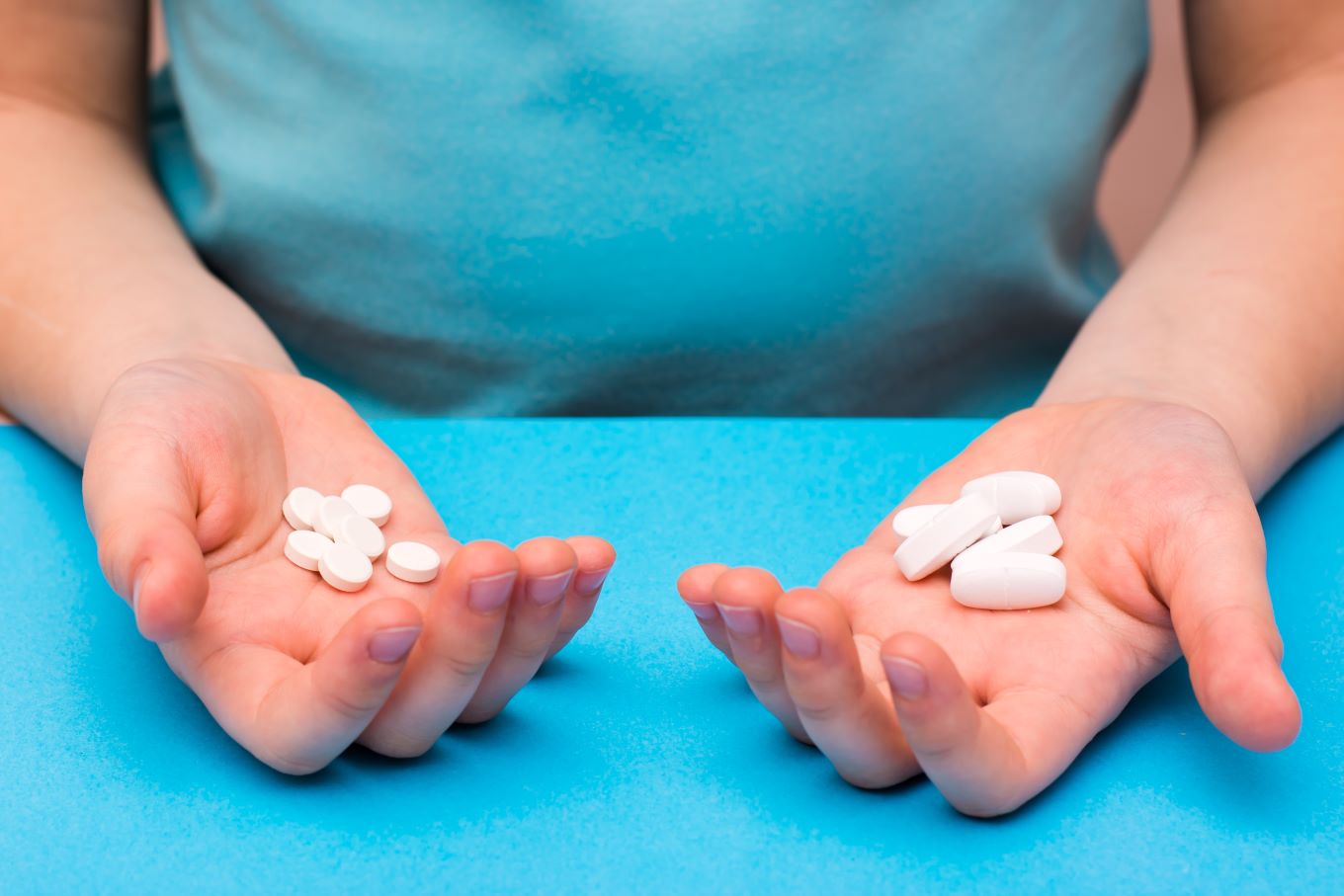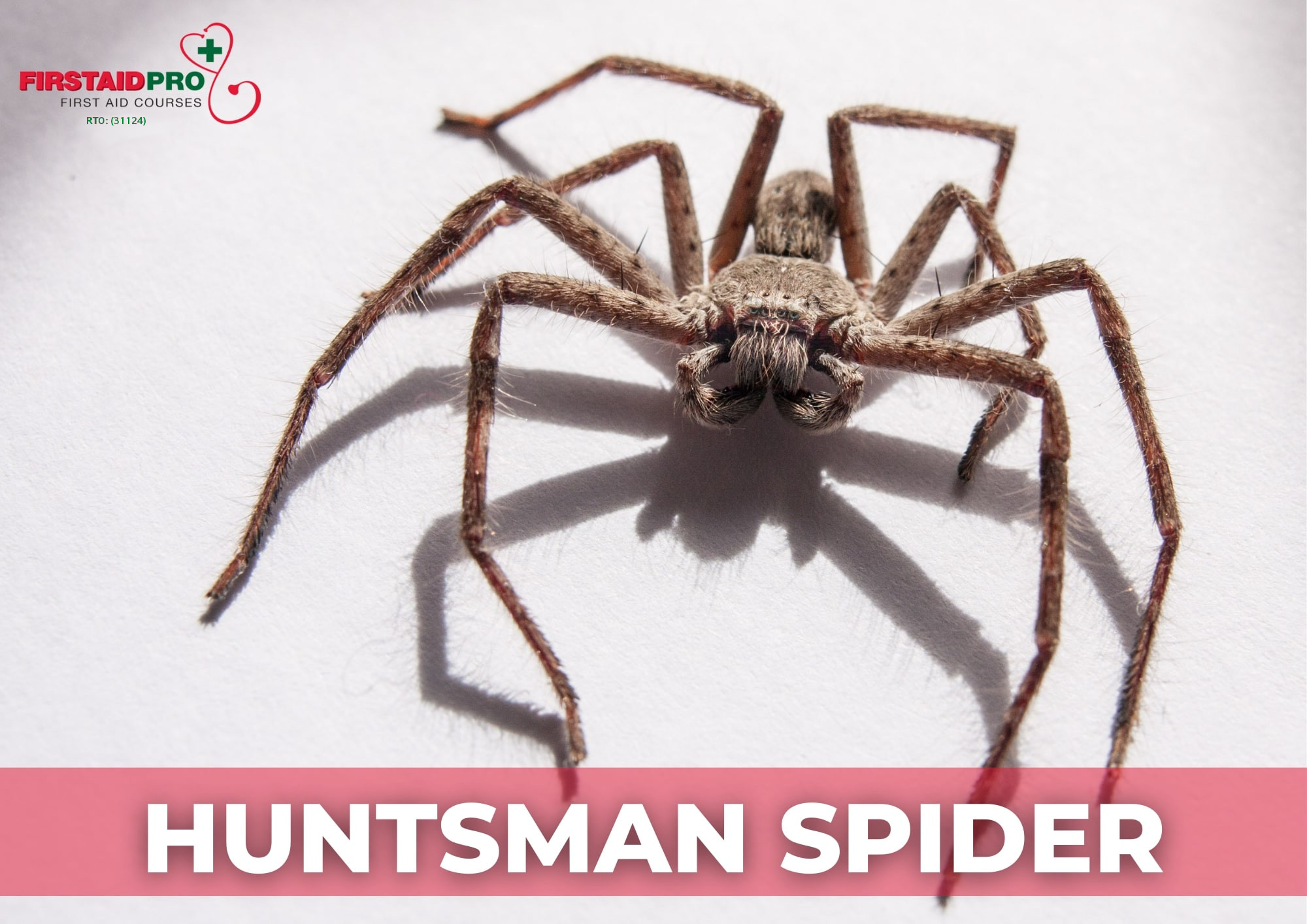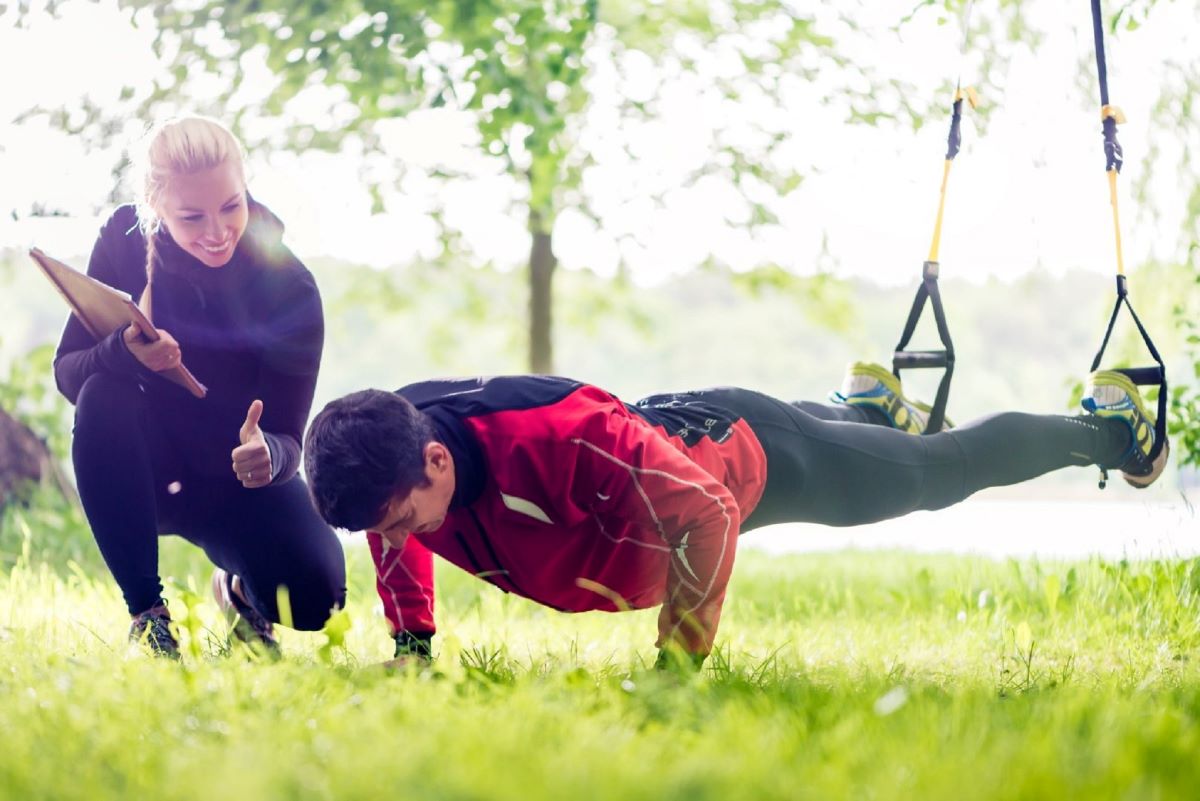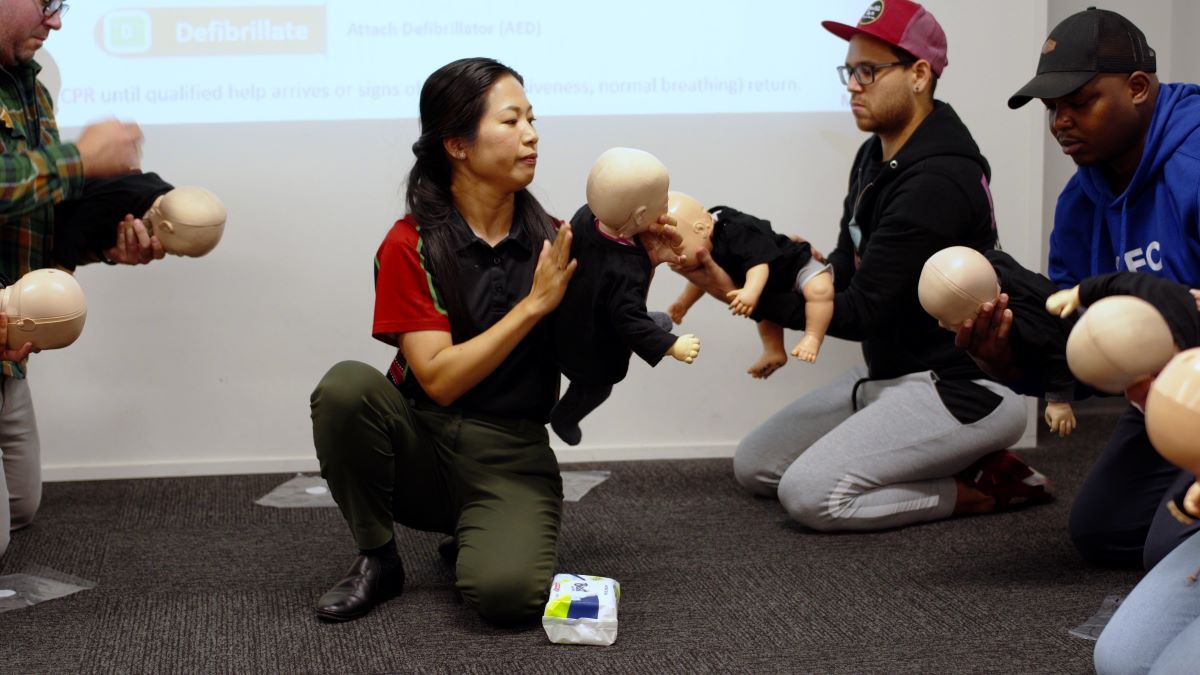Trauma is a serious life event that may cause kids to fear for their life and safety. For some, these events can lead to post-traumatic stress disorder or PTSD.
Children and teenagers are more vulnerable to the effects of accidents, violent acts, pandemics, and other disasters. But with the right intervention from parents and concerned adults, they will be able to recover faster.
How Does Trauma Affect a Child?
Children are known to be highly resilient and can easily bounce back from any situation. However, traumatic experiences during younger years can have long-lasting effects that they bring into adulthood if left unresolved.
Trauma can result from anything that makes a child feel unsafe and disrupts their sense of safety. These include being in an unstable or dangerous environment, separation from a parent, bullying, severe illness, or undergoing intrusive medical procedures.
These events may affect their sense of safety and trust, leaving them feeling alone, sad, tense, or scared. For some kids, it can affect their self-esteem, and they may think they are to blame for what has happened.
Traumatic events can also bring changes in their mood, behaviour, and sleeping habits. Some may get into trouble, do worse in school, or have trouble sleeping.
Trauma can also bring physical symptoms to children, such as headaches.
Signs of Trauma in Children
Children who experience traumatic events may exhibit the following symptoms.
- Difficulty paying attention
- School refusal
- Eating disturbances
- Sleep disturbances
- Clingy or having separation anxiety
- Feeling helpless
- Feeling irritable or difficult to soothe
- Developmental regression
- General fearfulness or new fears
- Easily startled
- Language delay
- Talking about the traumatic event and reacting to reminders/trauma triggers
Identifying these responses is important for understanding how children cope with distress. This way, you can take the best course of action to treat these symptoms.
Ways to Help a Child Cope after a Traumatic Event
A child’s reaction to a traumatic event can be greatly influenced by how others respond. Here are some ways to help them cope and recover.
Make your child feel safe again.
Providing reassurance through words and actions can help make a child of any age feel secure. While some teenagers may though it out, showing affection is essential to make them feel safe again.
Acknowledge and validate their concerns
Following the event, the child may develop unrelated fears and issues. Provide them with ongoing opportunities to share their feeling about what they have been through.
Encourage them to express their concerns but never force them to talk.
Allow them to grieve any losses.
Give them the time to heal and mourn any losses after experiencing a traumatic event – be it a loss of a friend, relative, pet, or home.
Encourage physical activity
Doing some physical activity helps burn off the adrenaline and increases mood-enhancing endorphins. Blowing off some steam is also a great social activity and can help a child or teenager get a better good night’s sleep.
Study shows that spending time in nature can ease stress and boost a child’s overall mood.
Eat healthy diet
The food that a child eats can have a profound impact and the ability to cope with stress.
Incorporate in their diet some healthy choices such as fresh fruits and vegetables, high-quality proteins, and healthy fats (especially omega-2 fatty acids).
When to Seek Treatment
Usually, the child’s negative feelings following a traumatic event will start to fade within a relatively short time.
However, if the reaction is so intense and the symptoms worsen over time, they may need help from a mental health professional.
Mental Health First Aid for Child Trauma
Mental health first aid (MHFA) is the help provided to children, teenagers, and even adults in the immediate aftermath of a traumatic event.
This approach is designed to identify symptoms of poor mental health and reduce the initial distress to foster short and long-term adaptive functioning and coping.
To learn more about MHFA, visit our course page for detailed information.







